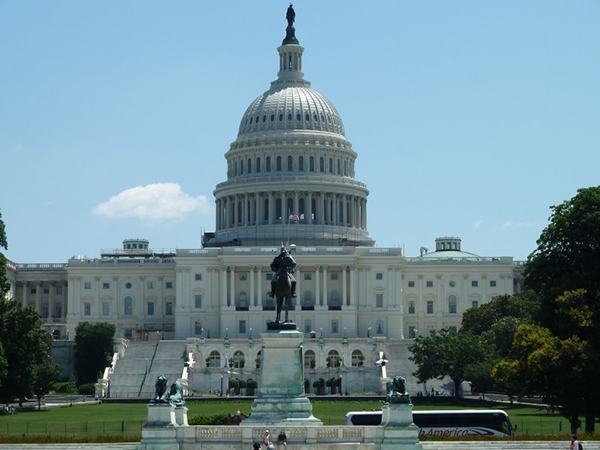Collection is an ever-changing industry, thanks to technology and the ways in which we are regulated. In 2018, we expect multiple legislation and other changes.
The most important is the Dodd-Frank Act. It’s highly unlikely that Dodd-Frank will be appealed altogether, but it’s likely that some of the more onerous regulations will be dialed back. Mick Mulvaney was appointed to the CFPB in 2017, and as acting director, he will likely seek to diminish the agency’s regulatory authority.
New debt collection rules are also unlikely, which would help navigate some of the conflicting laws and judicial decisions. This will mean fewer regulations to follow, but a greater risk of potential litigation, so companies should be aware of those risks.
In other changes, the state of New York is looking to impose a license for the state. Currently, there are licenses for the larger cities, such as New York City, City of Buffalo, and the City of Yonkers, but there are none for the entire state. Senate Bill 7099 of the state of New York seeks to create a regulation for licensing debt collection agencies at an annual cost of $500. This has been filed and is in committee.
Other notable legislation or other changes for 2018:
- The IFRS 9 regulations took effect on January 1, 2018, for international operations. It requires entities to recognize a financial asset or a financial liability in its statement of financial position when it becomes a party to the contractual provisions of the instrument.
- The GDPR (General Data Protection Regulation) takes effect in Europe in May 2018. Companies that manage accounts in Europe should make the necessary changes to ensure the privacy of customer data.
- Ransomware is on the rise. Create strong data-recovery systems in the event of an attack.
- We expect a growth in our early-out collection services as more of our client base is realizing the benefit of adding this to their collection program.
Questions about collections? Contact us for help maintaining your cash flow.



